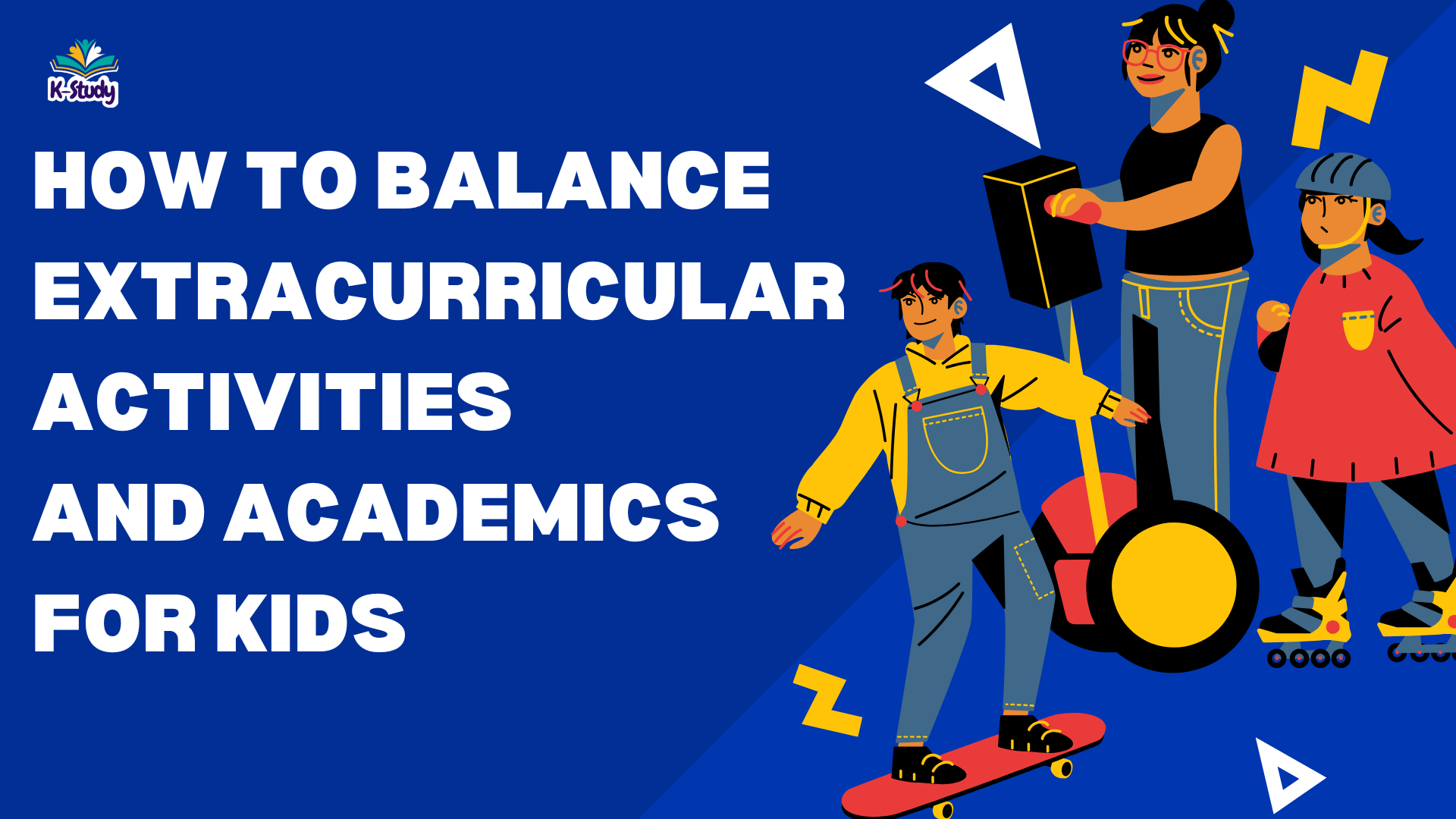
Extracurricular activities are a great way for kids to explore their interests, build new skills, and have fun outside of the classroom. However, balancing these activities with academic responsibilities can be challenging for both kids and parents. Striking the right balance ensures that children benefit from a well-rounded experience without feeling overwhelmed or falling behind in school.
In this guide, we’ll see tips to help parents and kids manage their time effectively, prioritize their commitments, and enjoy the best of both worlds.
Extracurriculars like sports, music, coding, or arts help kids develop skills that are not always taught in school, such as teamwork, leadership, and creativity.
Being part of a group or team allows kids to interact with peers, build friendships, and improve their communication abilities.
Studies show that kids involved in extracurricular activities often perform better academically because these activities teach discipline, time management, and focus.
Kids may feel stressed trying to manage homework, study time, and extracurricular commitments.
Overloading children with too many activities can lead to exhaustion and reduced interest in both academics and hobbies.
Without proper guidance, kids might focus too much on activities at the expense of their studies or vice versa.
Discuss with your child which activities and academic goals are most important to them. This helps focus on what truly matters.
A well-organized schedule can help your child allocate time for schoolwork, activities, and rest.
Helping kids learn how to manage their time effectively is a lifelong skill.
Too many extracurriculars can overwhelm your child. Choose 1–3 activities that they’re passionate about and will genuinely enjoy.
Keep teachers and activity leaders informed about your child’s commitments to ensure they’re not overburdened. Open communication helps set realistic expectations.
Check in regularly with your child to see how they’re feeling about their schedule.
Show your child the importance of balance by managing your own work-life commitments.
Whether it’s a good grade or progress in an activity, acknowledge your child’s effort to stay committed.
Balancing extracurricular activities and academics is achievable with the right strategies and support. By setting priorities, teaching time management, and fostering open communication, kids can enjoy a fulfilling and balanced experience. Remember, it’s not just about juggling tasks but ensuring that your child’s mental and physical well-being remain a top priority.
Help your child thrive in both academics and extracurriculars by fostering balance today! Follow Kstudy Learning for more tips!
Notifications